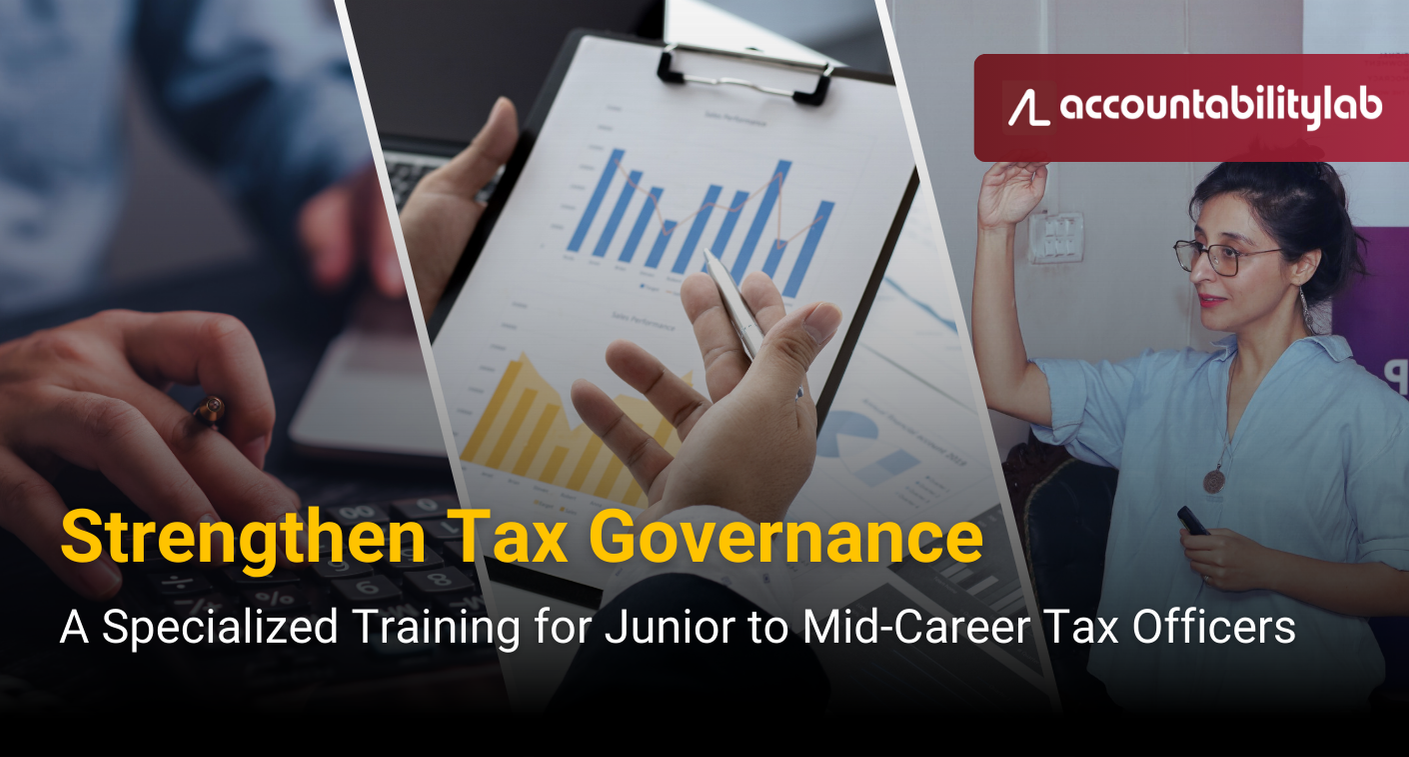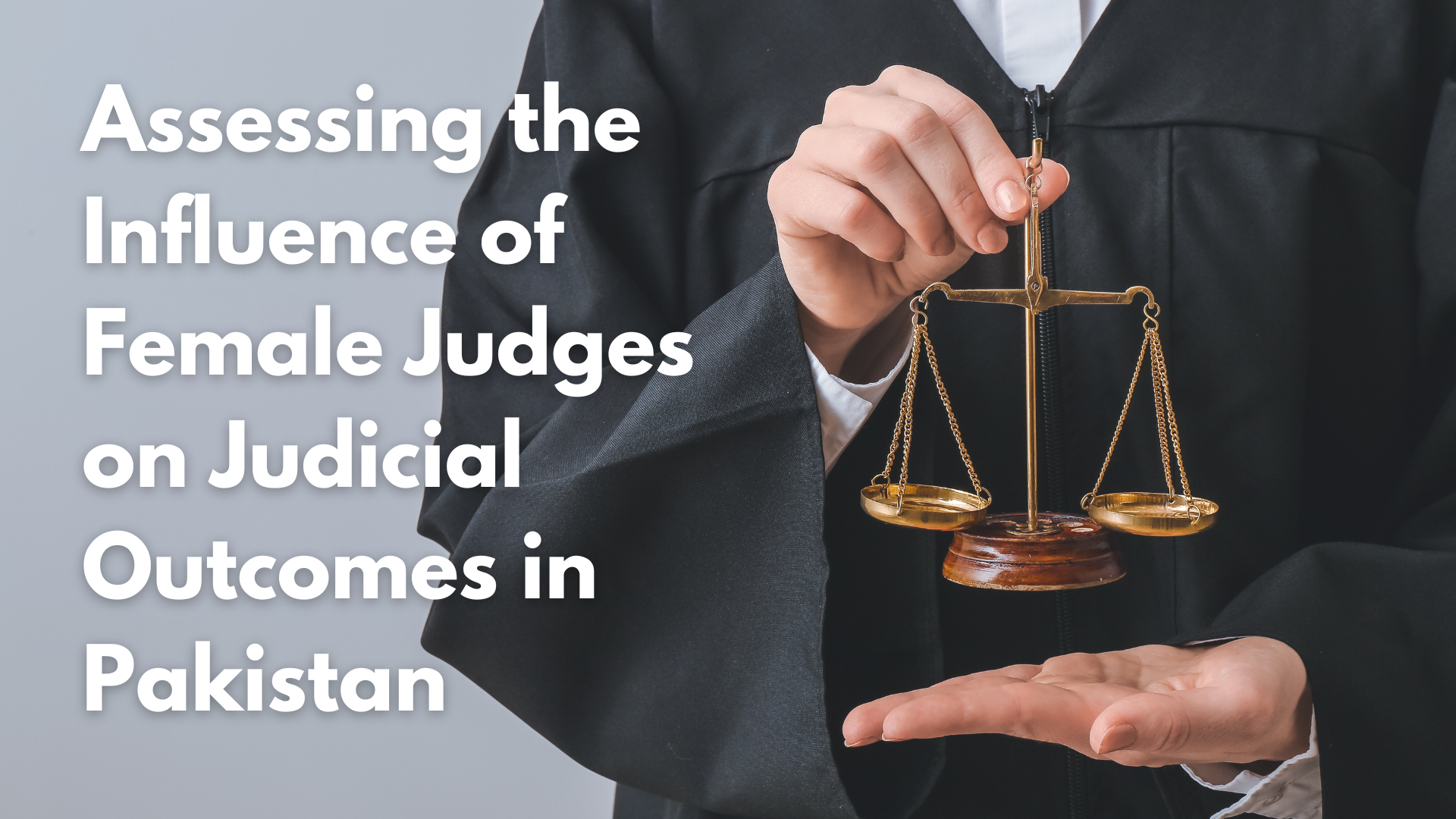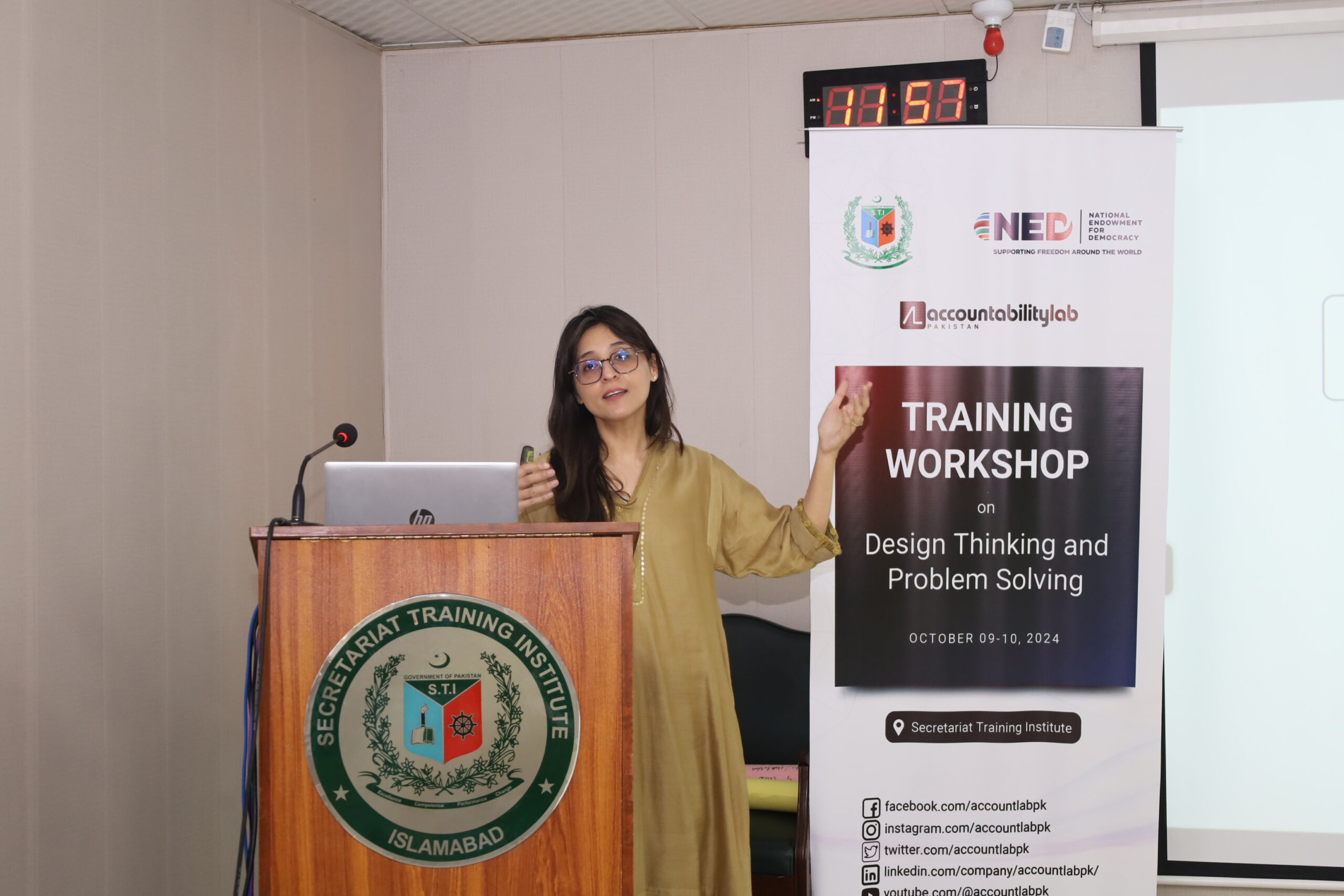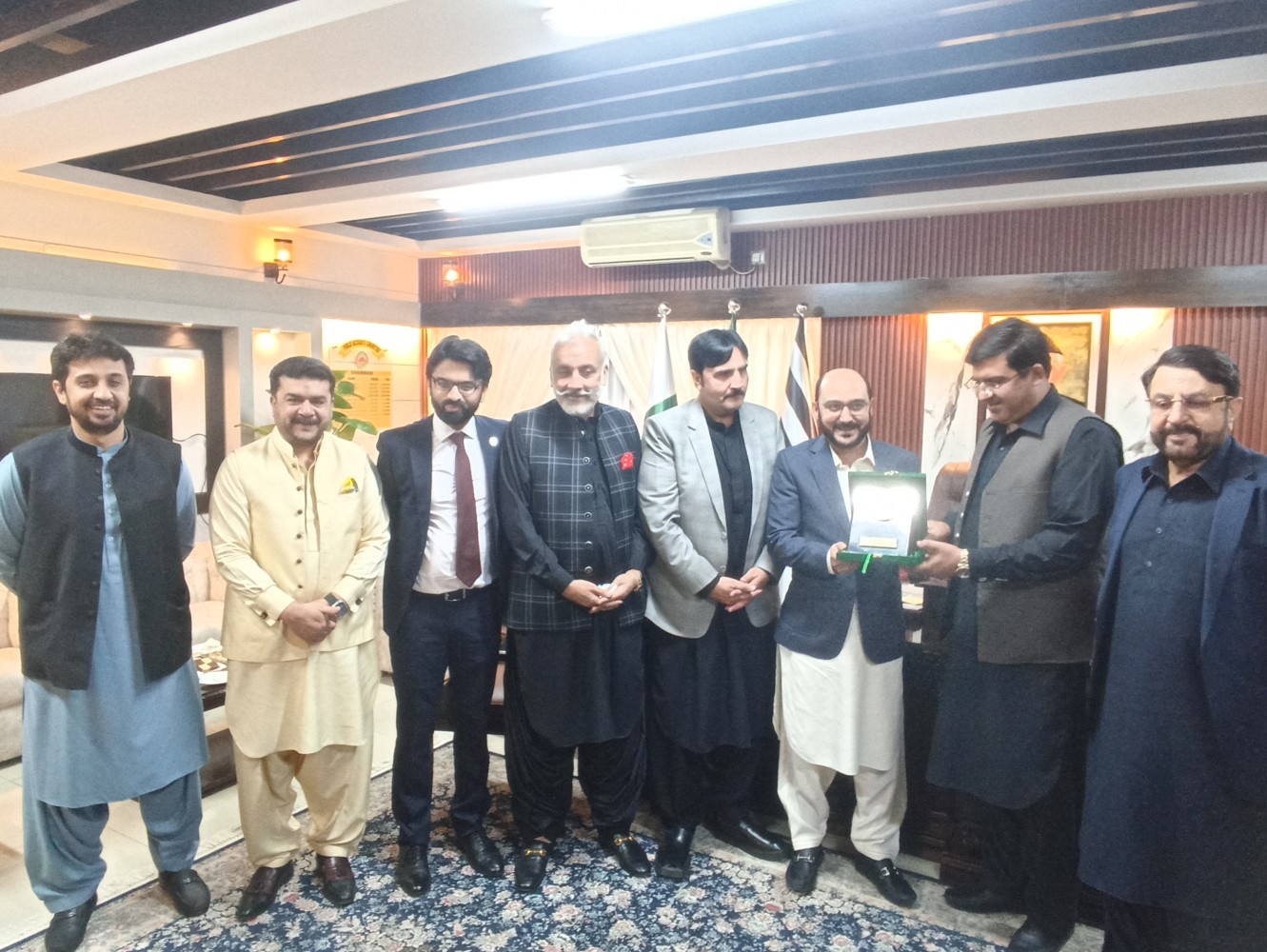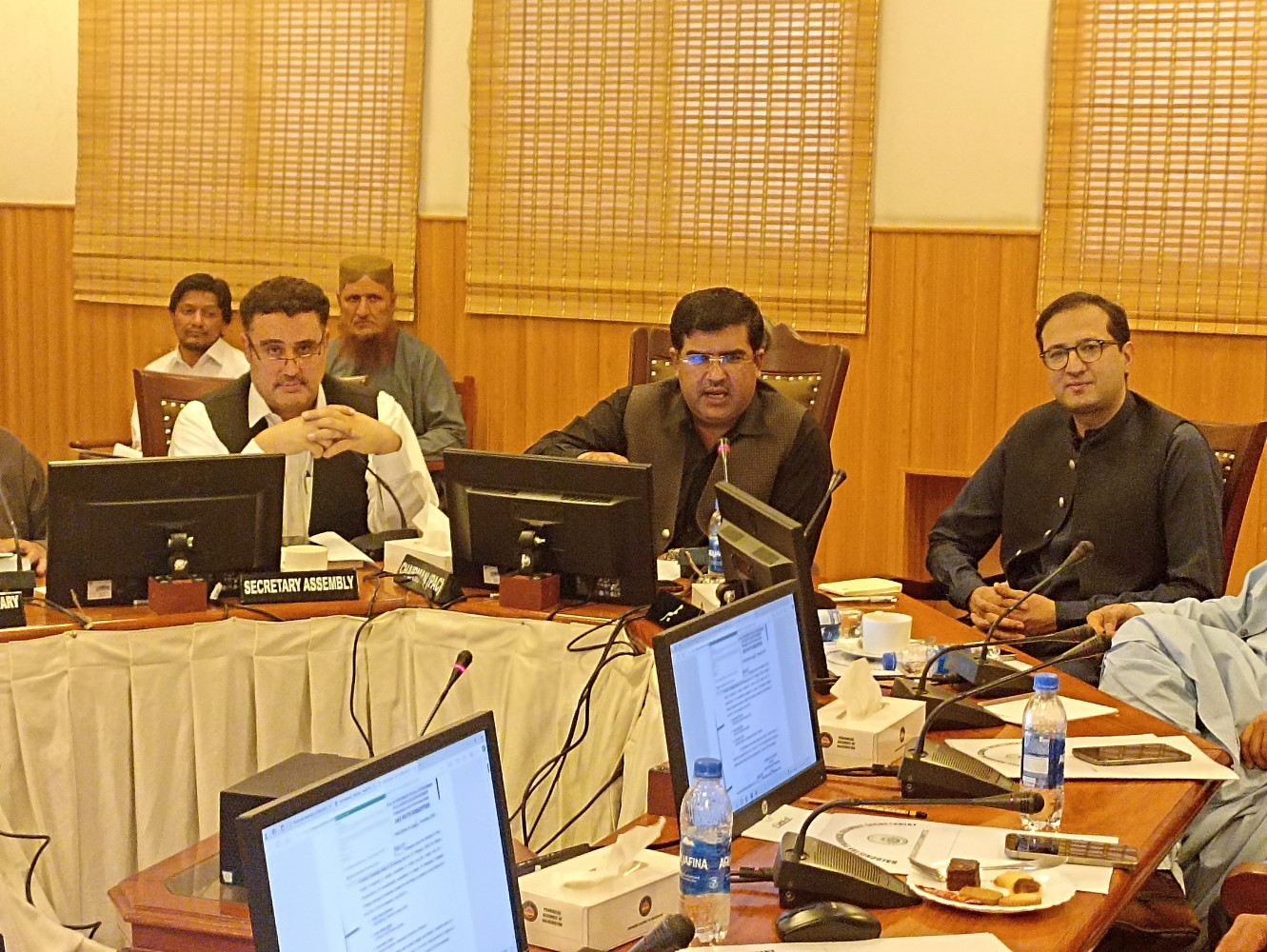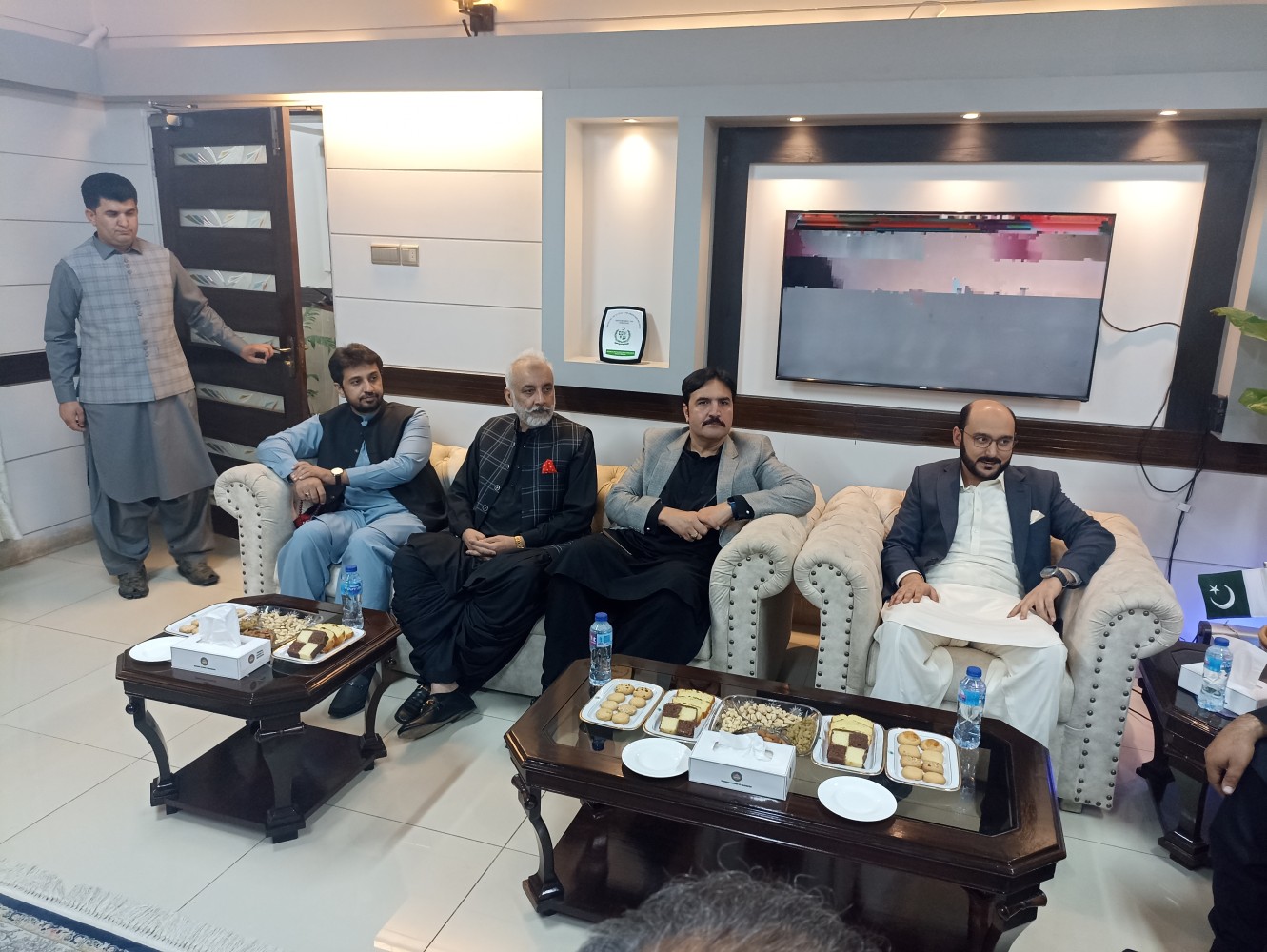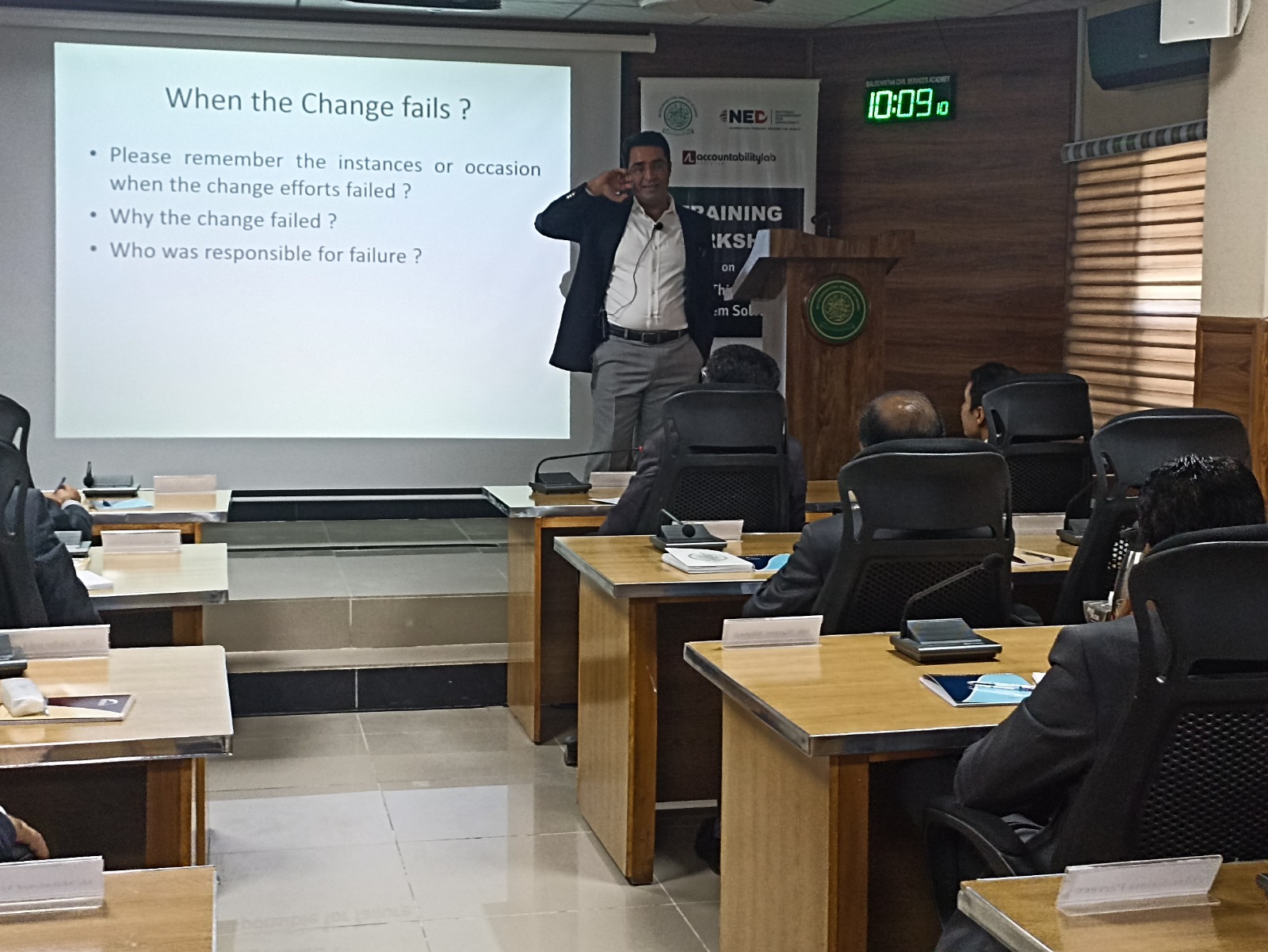Gendered Justice: Assessing the Influence of Female Judges on Judicial Outcomes in Pakistan
Written by: Ayesha Khan The representation of women in Pakistan's judiciary is alarmingly low, particularly at senior levels, raising concerns about the impact of gendered justice on judicial outcomes. This analysis explores the status of female judges, their influence on decision-making, and the societal consequences of their underrepresentation.
Reforming Governance: Human-Centric Solutions for a Responsive Public Sector in Pakistan
Written by: Muhammad Abubakar Governance in Pakistan’s public sector has long faced challenges, including inefficiency, inadequate planning, and limited accountability. These systemic hurdles often manifest in stalled infrastructure initiatives and social programs that struggle to meet citizens' needs. However, there is a transformative opportunity to shift from traditional approaches to more inclusive and innovative methodologies — Human-Centered Design Thinking, emphasizing on empathy, collaboration, and iterative development to tackle real-world governance challenges more effectively.
The Capital’s Quiet Despair: A Call for Empathy in Governance
Written by: Asif Farooqui Islamabad The Beautiful, regarded as a symbol of order and serenity, has slowly descended into a city of growing frustration and disarray for its residents. While often celebrated for its wide roads and landscapes, these features now mask a deeper, more troubling reality—a city gripped by mismanagement and a glaring lack of empathy from those in charge.
Automation of PAC Balochistan: A Model for Fiscal Transparency Efforts in Pakistan
Written by: Asif Farooqui In an exchange arranged by the Accountability Lab, the delegation of Honorable members of Public Accounts Committees of Punjab visited the Provincial Assembly of Balochistan to observe Digital transformation of PAC
Life without Autonomy: Understanding Our Culture of Dependency
Written by: Asif Farooqui In every society, culture and human behavior act as deep undercurrents that shape daily life, influencing personal decisions and institutional structures. In Pakistan, these cultural norms and behaviors are particularly pronounced, embedded in family dynamics and work environments, societal interactions, and governance structures. The issue of dependency—whether on family, community, or state—pervades across various spheres, creating an environment where autonomy and initiative are often sacrificed for comfort or fear of failure. This pattern of behavior reflects a deeper cultural ethos that limits personal and collective growth, restricting opportunities for innovation and self-reliance.
Prioritizing Citizens Beyond the Ballot
ASIF FAROOQUI This blog explores why Accountability Lab’s approach is critical for Pakistan’s democratic future; how citizens can contribute to post-election monitoring to improve governance, and the role of civil society, media, and academia in ensuring political accountability beyond the ballot box.
Citizens’ Inclusion and Accountability is the Key to Improved Governance and Efficient Public Sector Institutions
ASIF FAROOQI In Pakistan, governance and public service delivery failures are often rooted in citizens' exclusion from policy design and implementation. Citizens are not merely the recipients of services but co-creators of systems that can function effectively and sustainably. The exclusion of citizens from decision-making leads to a breakdown in public trust, as the system begins to be perceived as disconnected from the needs and realities of the population. The blog outlines the key takeaways from a recently organized workshop on Design Thinking and Problem Solving at the Balochistan Civil Services Academy, Quetta.
Consolidating support for the transgender community
Written by Tirelo Makwela In May 2018, the Pakistan government passed the Transgender Persons (Protection of Rights) Act, a comprehensive response to ensure the rights and welfare of the trans community are protected. It was hailed as a win for the transgender community but experience has shown that the law [...]
Pakistani businesses at a crossroads during COVID-19
By Nida Qasim Khan The outbreak of COVID-19 has severely affected the Pakistani economy and its micro, small, and medium-sized enterprises (MSMEs). The Rawalpindi Chamber of Commerce and Industry (RCCI) President Saboor Malik said in a statement that due to the lockdown, the businesses of cottage industry, small industry and [...]

